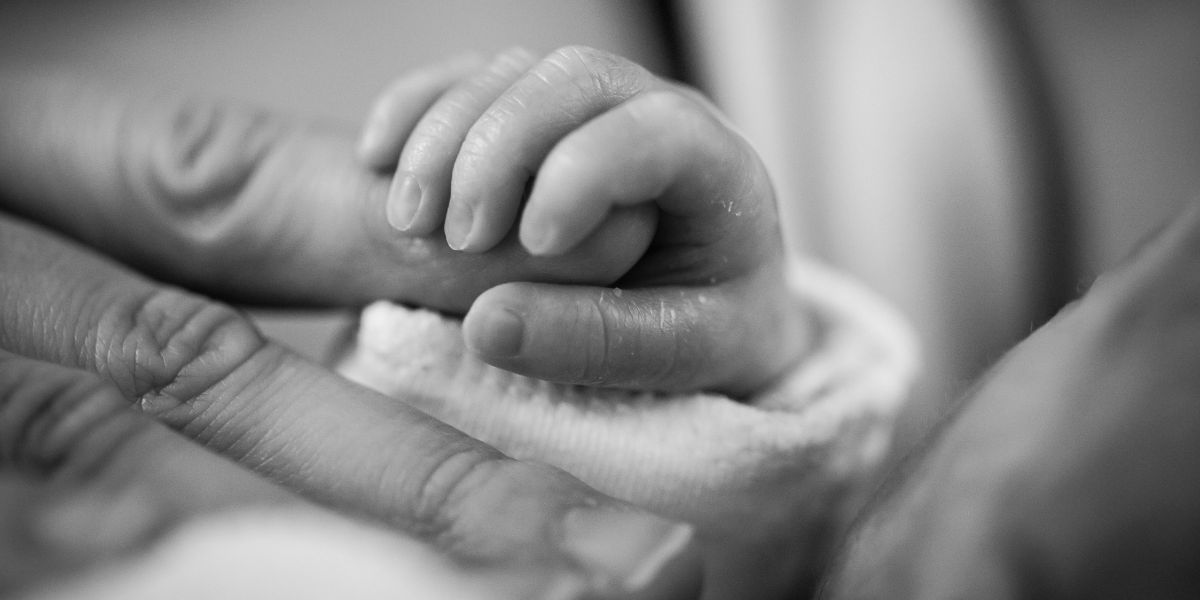Birth is a complex, intensely personal and frequently empowering experience. But for nearly half of women, it can be traumatic, with 3-17 per cent going on to develop clinical symptoms of post-traumatic stress disorder (PTSD).
Now, a team of University of New England researchers have found that external social and political factors may be more influential than individual factors in causing PTSD that can threaten their health and relationship with their child. The events and care they receive during labour can cause physical injury, heightened distress and psychological disturbances (including mood changes and nightmares).
Exploring the birth experiences of 267 women and the factors associated with birth-related PTSD, clinical perinatal psychologist Lucy Frankham, Professor Einar Thorsteinsson and Associate Professor Warren Bartik made some important discoveries.
Paradoxically, women who were more extraverted and confident in the kind of birth they wanted were more vulnerable to trauma during childbirth. They also reported a poorer mother-infant relationship post birth. These women called for:
- Clinicians to communicate more effectively, to ensure birthing women are heard and give informed consent to procedures;
- Less intrusive obstetric and medical interventions;
- More supportive interventions (like pain relief and access to water births).
In a second randomised controlled study of 125 women evaluating online childbirth education, the researchers also found that better preparation and improved childbirth self-efficacy did not necessarily protect them from birth-related trauma.
The results from both studies highlight the need for a more holistic approach, that addresses systemic and socio-political influences to improve communication, autonomy, and respectful maternity care.
“Women would like choices about how, when and what interventions they access,” said Lucy.
“When women are empowered and have an active role in decision-making, they gain a sense of ownership and agency over their birth experience, which enables them to make informed choices that align with their preferences and values. This reduces the likelihood of unnecessary medical interventions and minimises pain and discomfort.”
Why is this research important?
Beyond the ongoing PTSD symptoms they suffer, women who are traumatised by birth often experience other difficulties, including problems with infant feeding and sleep, poorer mother–infant bonding and even relationship issues. The psychosocial and neurodevelopment of infants born to mothers experiencing birth-related PTSD may also be impacted.
At its worst, external social and political factors can also contribute to obstetric violence – the disrespectful or abusive treatment of women during childbirth. Examples may include unnecessary vaginal examinations, denial of pain relief and episiotomies.
Key messages from the UNE researchers:
- The World Health Organisation and NSW Parliamentary Inquiry into Birth Trauma recommend respectful maternity care that includes informed choice and responsiveness to women’s preferences.
- Extroverted women may be more vulnerable to the potential negative effects of birth and require additional care for PTSD symptoms.
- Informed consent and trauma-informed care training should be mandatory for health professionals attending births.
- All professionals (including obstetricians, midwives, psychologists and others) are advised to screen for birth-related PTSD symptoms in addition to post-natal depression.
“There are policies and procedures in place to support women experiencing post-natal depression, but I think birth trauma is far more prevalent, and one feeds into the other,” Lucy said. “It’s much easier to talk about post-natal depression, because we focus more on the individual. There is greater sensitivity around how birth trauma is discussed and, unfortunately, that is doing women a great disservice.”
Based on their findings, the research team propose a new theoretical framework to more effectively explain the complexities of birth trauma: the Integrated Theory of Birth Trauma. This theory offers a broader, more holistic perspective, fostering a non-pathologizing understanding of birth trauma that accounts for a wide range of contributing factors.
The research findings have recently been published in BMC Pregnancy and Childbirth and Behavioural Science.
Read all the way through to the end of the story? So did lots of other people. Advertise with New England Times to reach New England locals who are interested and engaged. Find out more here.


